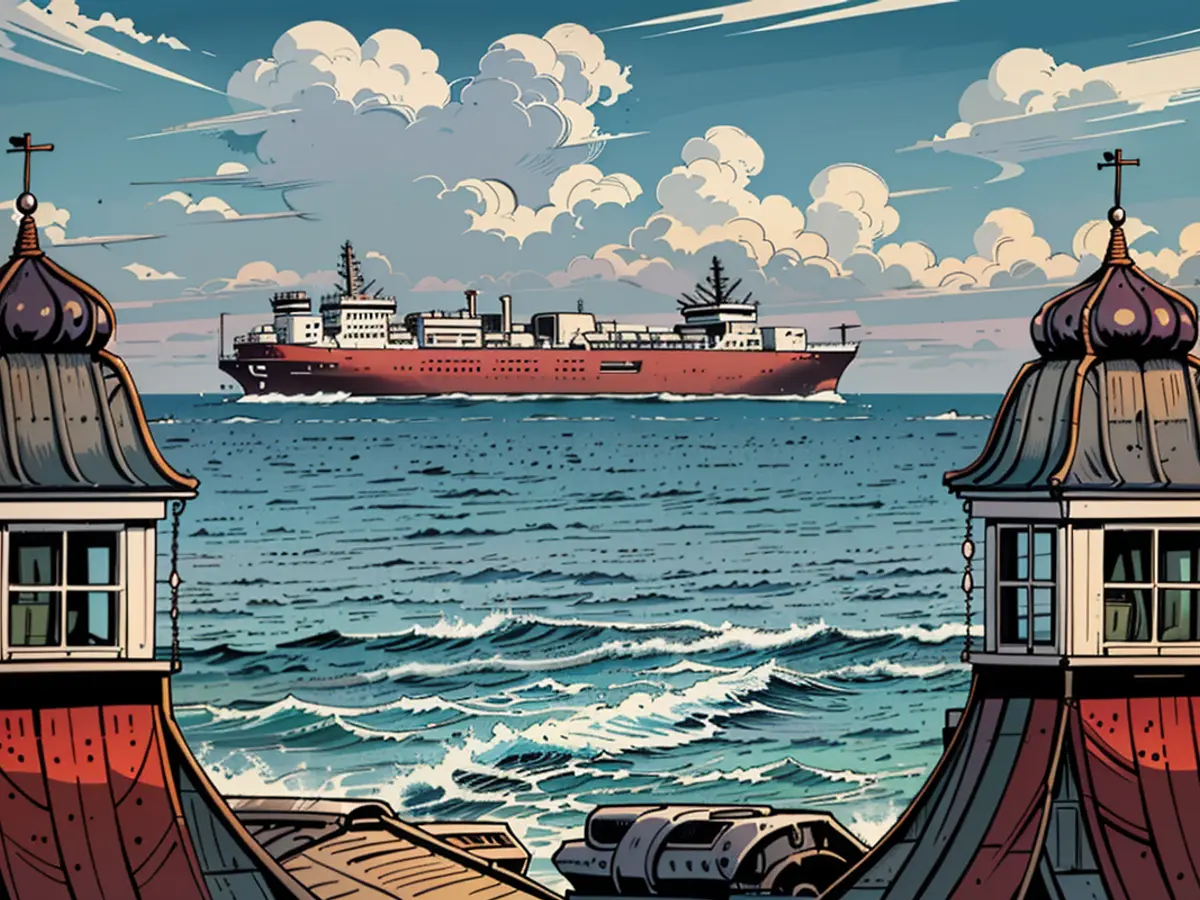Court dismisses challenges to LNG facility construction.
Local officials have been fighting to halt the LNG terminal off the island of Rügen, but the Federal Administrative Court has turned down their efforts. The concerns about safety issues raised during the objection were not convincing, the court found.
The emergency petitions of the Binz municipality, the German Youth Hostel Association, and two private landowners against the functioning of the liquid gas terminal on Rügen in Mukran were all dismissed. The court in Leipzig determined they were inadmissible. The reported safety hazards were not discernible.
The terminal clashes with German and global safety laws with critical safety risks so near to inhabited and spa areas, said the lawyer for the municipality, Reiner Geulen, in a statement in early May.
Geulen's appeal mainly centered on four expert opinions, including one by Bärbel Koppe, Professor of Water Engineering and Hydromechanics at the University of Wismar. Additionally, the Society for Safety Technology/Ship Safety in the Baltic Sea (GSSO) in Rostock assessed the possible risk of major mishaps and their management in the Mukran port. Ultimately, the risks of explosions could not be justified.
Broaching the risk of explosions
The discussion centers around a high crash hazard due to the employment of the two enormous specialized ships that will receive the liquefied gas, transform it back into gas form, and then inject it. These large vessels might collide with the LNG carriers delivering the gas. If the ship crews had to vacate, firefighting as planned by the operator would not be possible. Furthermore, there's the danger of explosions due to potential damage to gas tanks.
The terminal consists of two floating storage and regasification units (FSRUs) for the storage and conversion of liquefied natural gas (LNG), a tank ship, and other terrestrial installations. Mecklenburg-Vorpommern approved the operation in April, but now, the Federal Administrative Court has stated that the considered protective items, such as the residences of the petitioners or the Prora hostel, are far beyond the appropriate safety distance.
Read also:
Despite the concerns raised by the Binz municipality and others about potential explosions at the LNG terminal on Rügen, the Federal Administrative Court dismissed their emergency petitions, finding that the reported safety hazards were not discernible. The court's decision upheld the approval of the terminal operation by Mecklenburg-Vorpommern, despite concerns about the safety distance of the installations to nearby residences and the Prora hostel. The terminal, consisting of two floating storage and regasification units (FSRUs) and other terrestrial installations, will continue to operate and transform liquefied natural gas into gas form for use in Germany and beyond.








